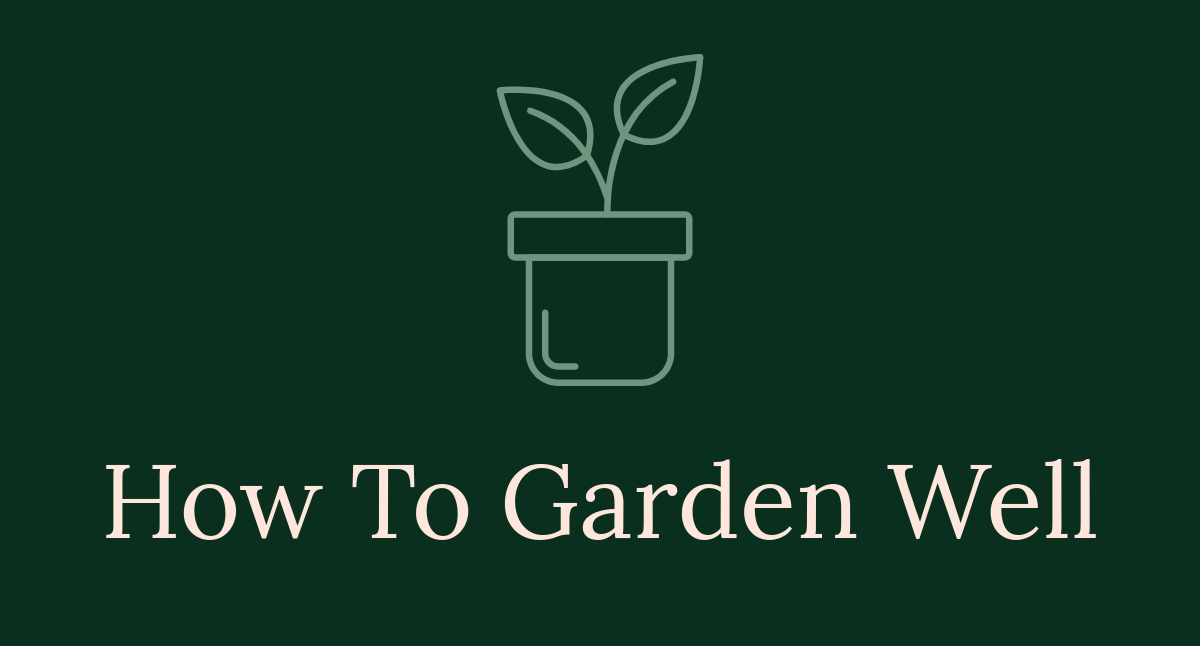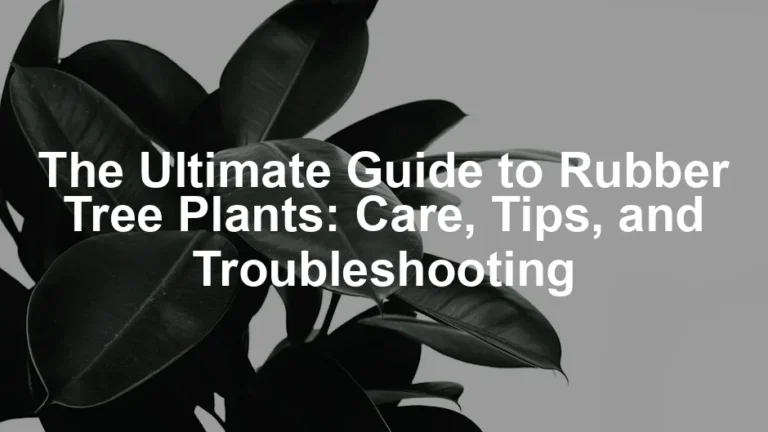

Tropical Foliage Plants: A Guide to Lush Greenery for Your Home and Garden
Introduction
Tropical foliage plants bring a vibrant charm to any space. Their lush greenery can transform both indoor and outdoor areas into serene retreats. This article will guide you through various tropical plants, their care, and tips on incorporating them into your home or garden.
Summary and Overview
Tropical foliage plants have gained immense popularity due to their versatility. They thrive in diverse environments, adding beauty and character to any setting. These plants not only enhance aesthetics but also purify the air, making your home healthier. From large leafy varieties to compact indoor options, there’s a tropical plant for every space. We’ll cover several types of tropical foliage, offering insights into their unique characteristics and care requirements, ensuring you can enjoy their lush beauty all year round.

What are Tropical Foliage Plants?
Tropical foliage plants are characterized by their lush, vibrant leaves. They typically thrive in warm, humid climates, making them ideal for indoor and garden spaces. These plants often feature large, glossy leaves that come in various shapes, sizes, and colors, creating a stunning visual impact.
Most tropical foliage plants flourish in USDA hardiness zones 9-11, where temperatures rarely drop below freezing. They can be found in rainforests, jungles, and coastal regions worldwide. Common uses include landscaping, container gardening, and as decorative indoor plants.
Interestingly, around 50% of homeowners incorporate tropical plants into their decor, showcasing their popularity. Whether you prefer a striking centerpiece or a subtle accent, tropical foliage plants can elevate your space beautifully. To maintain that vibrant look, you might want to consider using Potted Tropical House Plants. They’re not just pretty; they’re also easy to care for!

Benefits of Tropical Foliage Plants
Tropical foliage plants offer a plethora of benefits for your home and garden. One of their standout features is air purification. Studies show that indoor plants can improve air quality by filtering out harmful toxins. This makes your living space healthier and more inviting. If you want to dive deeper into the science of plants and their benefits, check out the book Air Purifying House Plants. It’s a fantastic read!
These plants also enhance aesthetic appeal. Their vibrant colors and unique leaf shapes can transform any area into a lush oasis. Imagine the impact of a big, bold Alocasia or a colorful Croton in your living room!
Moreover, tropical plants contribute to stress relief. Being around greenery can create a calming atmosphere, helping you unwind after a long day. Research indicates that indoor plants can reduce stress levels and boost your mood. So, not only do they look great, but they also promote well-being in your space. If you’re looking for a specific guide to help you care for your plants, check out the Indoor Plant Care Guide. It’s a game changer!
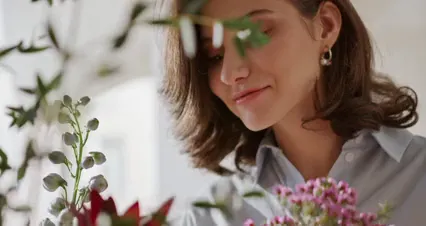
For those interested in enhancing their indoor spaces, consider exploring indoor plants that can add beauty and health benefits.
Care and Maintenance of Tropical Foliage Plants
Taking care of tropical foliage plants can feel rewarding. They thrive with a bit of attention. Here’s what you need to know about their care.
Watering is crucial. Most tropical plants prefer moist soil. Water them when the top inch feels dry. Ensure good drainage to prevent root rot. Consider using room temperature water to avoid shocking the plants. A great tool to help you with this is a Indoor Plant Watering Can. It’s stylish and functional!
Lighting plays a vital role too. Most tropical plants enjoy bright, indirect light. Some varieties, like Croton, thrive in direct sunlight. Others, like Caladium, prefer partial shade. Observing your plants will help determine their light needs. If your indoor lighting is lacking, consider investing in Grow Lights for Indoor Plants. Your plants will thank you!
Soil is another important factor. A well-draining potting mix works best. You can amend soil with perlite or orchid bark for extra aeration. This helps mimic their natural environment, ensuring healthy root growth. If you’re looking for high-quality soil options, consider using Potting Mix for Tropical Plants.
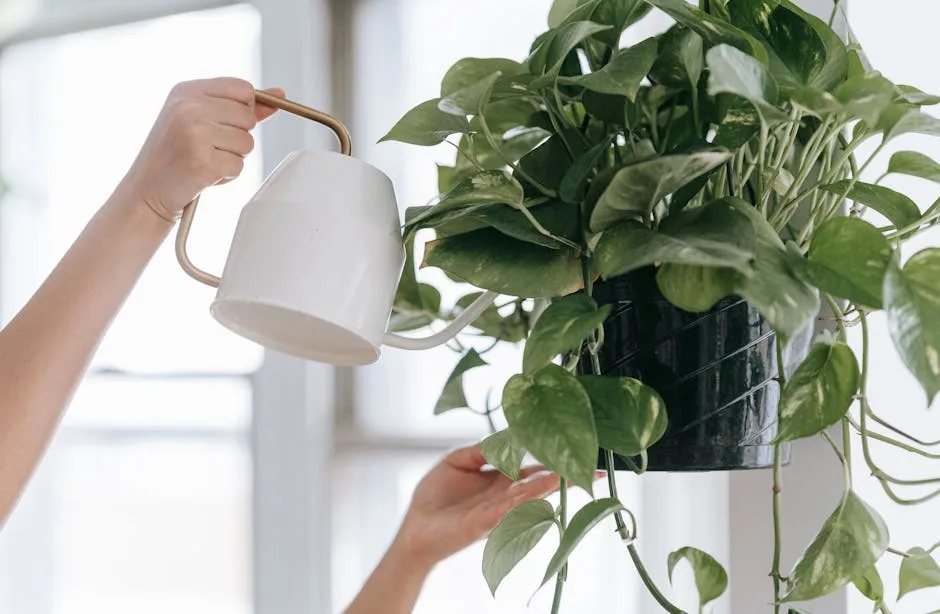
Fertilization is essential for vibrant foliage. Use a balanced liquid fertilizer every 4-6 weeks during the growing season. This promotes lush growth and enhances color vibrancy. Always follow the instructions on the fertilizer label. For an organic option, you might want to try Organic Liquid Fertilizer. It’s good for the planet and your plants!
Lastly, keep an eye out for pests and diseases. Common pests include spider mites and aphids. Regularly inspect your plants. If you spot pests, treat them with insecticidal soap or Neem Oil for Pest Control. Maintaining humidity can also deter pests, as they thrive in dry conditions.
By following these care tips, your tropical foliage plants will flourish, adding beauty and life to your space. Remember, a little effort goes a long way!
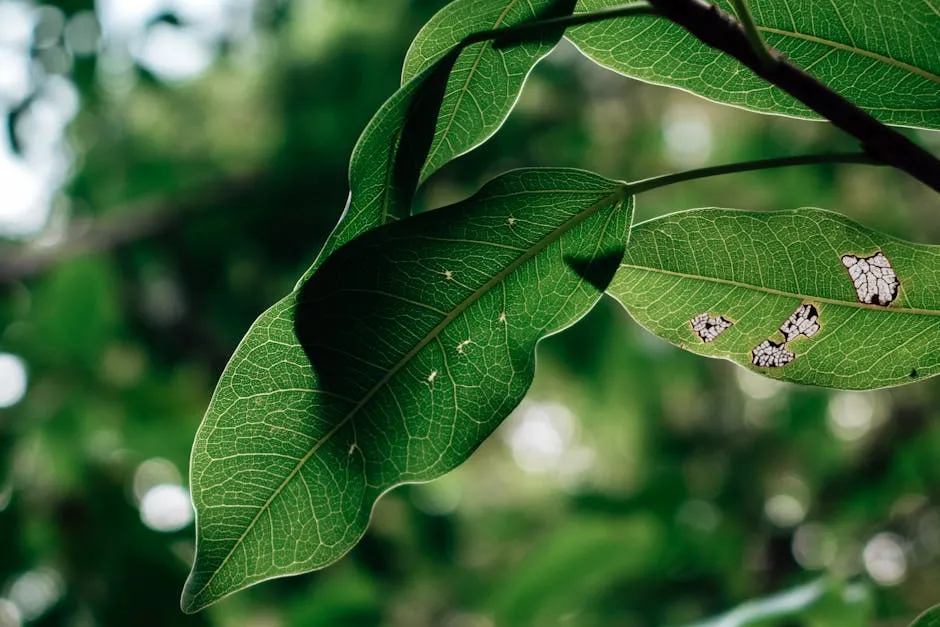
Seasonal Considerations for Tropical Foliage Plants
Caring for tropical foliage plants throughout the seasons is essential for their health. Winters can be tough for these plants. Ideally, they thrive in temperatures above 50°F (10°C). If nighttime temperatures drop lower, it’s time to bring them indoors.
When transitioning plants indoors, gradually acclimate them to lower light conditions. This helps prevent shock. During the colder months, reduce watering since the plants grow more slowly. Look for signs of stress, such as yellowing leaves or drooping foliage. These could indicate too much water or insufficient light.
As spring arrives, slowly reintroduce your plants to outdoor conditions. Increase watering and monitor for pests that might have settled in during the winter. Adjusting care routines seasonally keeps your tropical plants vibrant and thriving all year. By being attentive to their needs, you’ll enjoy their lush beauty for many seasons to come.
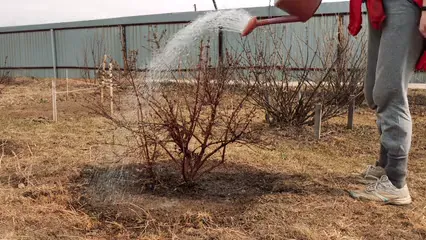
Common Mistakes to Avoid with Tropical Foliage Plants
Many gardeners face issues with tropical foliage plants. One common mistake is overwatering. This can lead to root rot, a serious problem. Instead, check the soil moisture before watering. If the top inch is dry, it’s time to water.
Another pitfall is insufficient light. Tropical plants need bright, indirect light to flourish. If they are not getting enough light, you may notice stunted growth or faded leaves. Adjust their placement or use grow lights if necessary.
Pests can also be a concern. Regularly inspect your plants for signs of infestation. Catching pests early can prevent a bigger problem. Lastly, using poor soil can hinder growth. Always choose a well-draining potting mix designed for tropical plants. To help keep things organized, consider using Plant Labels for Organization. They make tracking your plants a breeze!
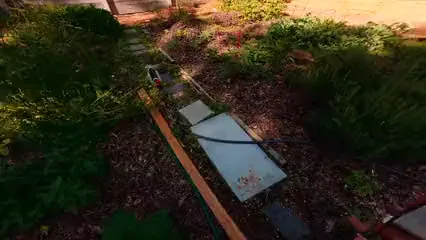
Resources for Further Learning and Purchase
If you’re eager to buy tropical plants, several trusted sources are available. Online stores like Hey Rooted offer a wide selection of tropical foliage. They feature easy navigation by care level, size, and light requirements. Another great option is Petitti Garden Center, which highlights popular tropical plants and tips for incorporating them into your garden.
For those looking to expand their knowledge, several excellent books are available. “Tropical Plants for Home and Garden” by Nigel W. Brown provides insights into various species and care tips. Websites like the American Horticultural Society also offer a plethora of gardening resources. Don’t forget to check out the Tropical Plant Identification Guide for identifying your leafy friends!
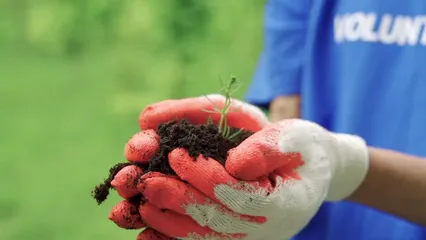
Additionally, joining online communities can be beneficial. Platforms like Reddit and Facebook host groups dedicated to plant care, where you can ask questions and share experiences. Engaging with fellow plant enthusiasts can enhance your understanding of tropical foliage plants and their unique needs. With the growth of online plant sales, finding and caring for these vibrant additions has never been easier!
Please let us know what you think about our content by leaving a comment down below!
Thank you for reading till here 🙂
All images from Pexels
